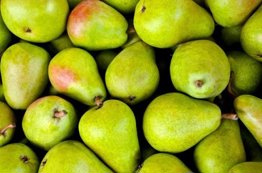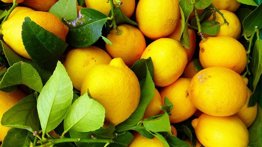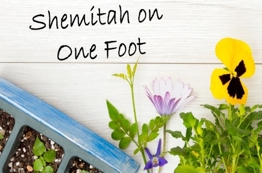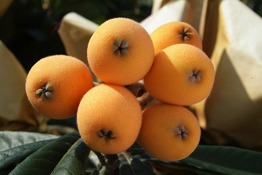Shemitah calendar for grains, legumes, and seeds
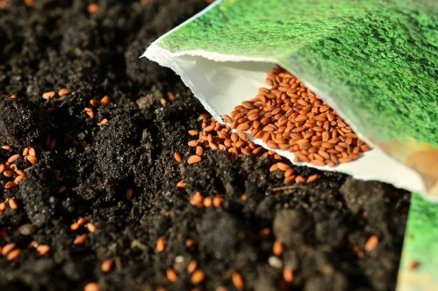
When does each kind of produce have shemitah sanctity, and when is its' bi'ur time? Appendix B of the Consumer's Guide to Shemitah.
|
Grain/legume/ |
Kedushat shevi'it and sefichin prohibition starts[1] |
Sefichin prohibition ends |
Bi'ur time |
|
Barley |
Early May shemitah |
Early May eighth year (Mid- Iyar 5783-2023) |
Early Dec. eighth year (Mid-Kislev 5783-2022) |
|
Black-eyed peas[4] |
No k.s. (kedushat shevi'it) |
NA |
NA |
|
Caraway[4] |
Not k.s. |
NA |
NA |
|
Coriander (seeds)[2] |
Early June shemitah (Early Sivan 5782-2022) |
Early June eighth year (Mid-Sivan 5783-2023) |
Early Dec. eighth year (Mid-Kislev 5783-2022) |
|
Corn on the cob, kernels |
3 Tishrei shemitah |
Chanukah eighth year (Dec. 19, 5783-2022) |
No bi'ur[3] |
|
Dried beans[4] |
No k.s. |
NA |
NA |
|
Fava beans |
Early April shemitah |
Early April eighth year (Mid-Nisan 5783-2023) |
Chanukah eighth year (Dec. 19, 5783-2022) |
|
Ginger[4] |
No k.s. |
NA |
NA |
|
Hummus |
Early June shemitah |
Early June eighth year (Mid-Sivan 5783-2023) |
Early Dec. eighth year (Early Kislev 5783-2022) |
|
Lentils[4] |
No k.s. |
NA |
NA |
|
Millet |
Early Aug. shemitah |
Mid-Aug. eighth year (Early Elul 5783-2023) |
Mid-Sept. eighth year |
|
Oats[4] |
Not k.s. |
NA |
NA |
|
Peanuts |
Mid-Sept. end of shemitah |
Mid-Sept. end of ninth year |
Early Dec. eighth year (Mid-Kislev 5783-2022) |
|
Peas |
Early March shemitah (1 Adar I 5782-2022) |
Early March eighth year (Mid-Adar I 5783-2023) |
Mid-Aug. shemitah (Mid-Av 5782-2022) |
|
Popcorn |
Early July shemitah |
Early Aug. eighth year (Mid-Av 5783-2023) |
Early Dec. eighth year (Mid-Kislev 5783-2022) |
|
Poppy[4] |
No k.s. |
NA |
NA |
|
Pumpkin seeds[4] |
No k.s. |
NA |
NA |
|
Rice[4] |
No k.s. |
NA |
NA |
|
Soy[4] |
No k.s. |
NA |
NA |
|
Sunflower |
Mid-Aug. shemitah |
Mid-Aug. eighth year (Early Elul 5783-2023) |
Early Dec. eighth year (Mid-Kislev 5783-2022) |
|
Watermelon seeds |
Early July shemitah |
Early July eighth year (Mid-Tamuz 5783-2023) |
Early Dec. eighth year (Mid-Kislev 5783-2022) |
|
Wheat[5] |
No k.s. |
NA |
NA |
[1] For these crops, the stage of growth that determines their status is one-third of their growth as of Rosh Hashanah of shemitah.
[2] These are coriander seeds, not the leaves. Coriander seeds are needed to grow coriander leaves, and the growing time is much longer for the seeds than for the leaves. This is why its bi'ur time is different than the one found for coriander leaves in Appendix C.
[3] Since it can be found growing in the field all year round, bi'ur does not apply.
[4] These plants do not grow in Israel (as of 5782) and are all imported—so the laws of shemitah do not apply to them.
[5] Almost all wheat for human consumption is imported. Locally grown wheat is used for animal fodder. As this is the case, we need not be concerned that the wheat and wheat products on the market need bi'ur.

